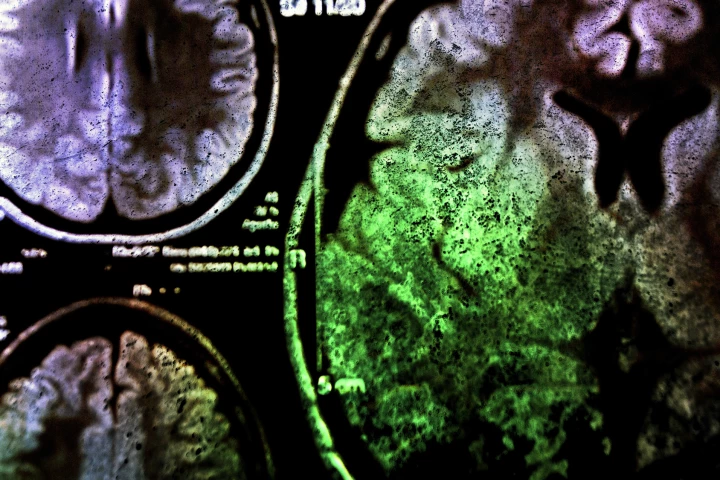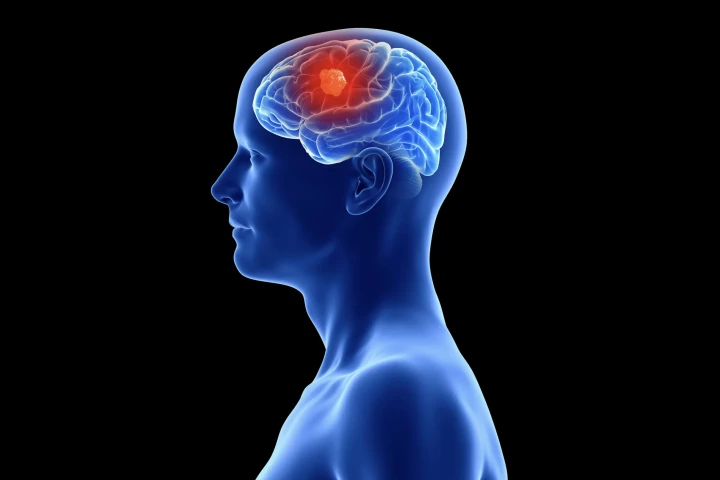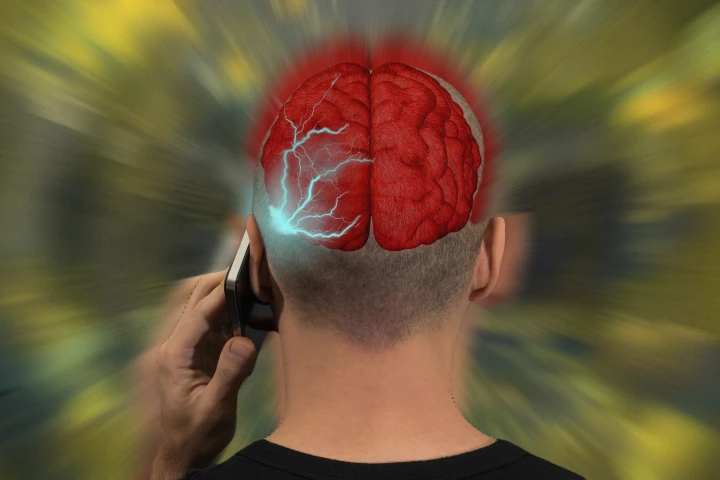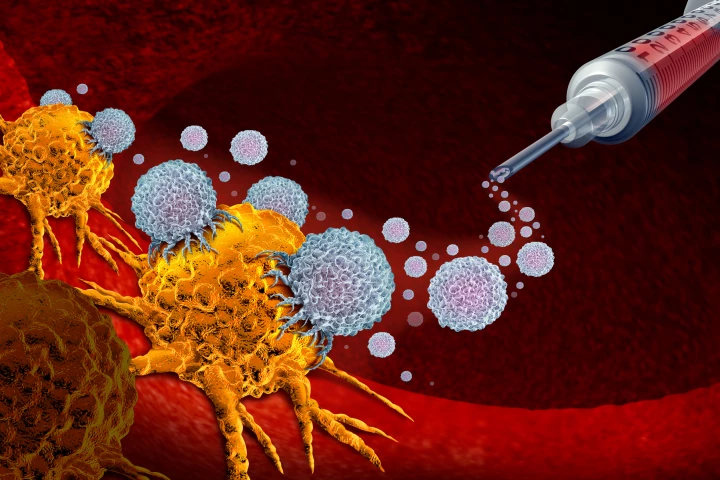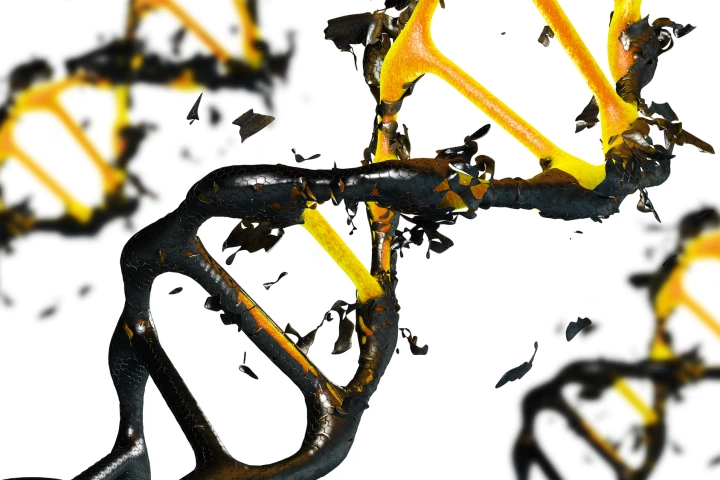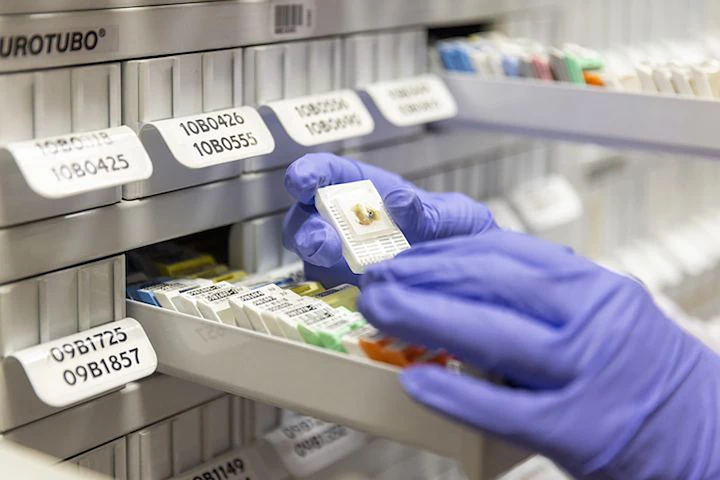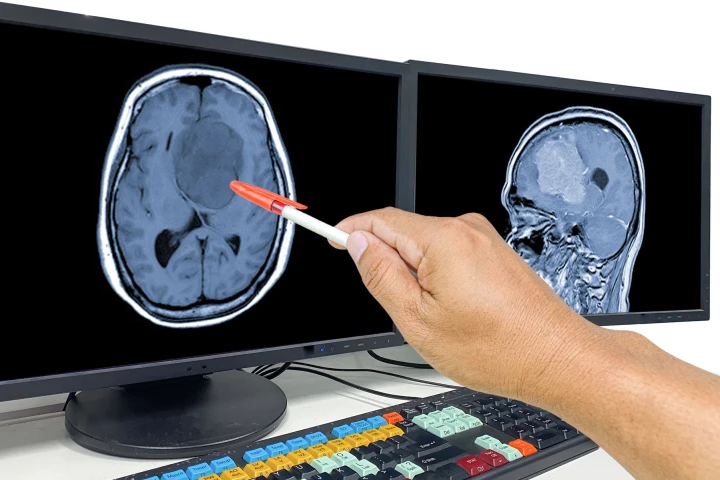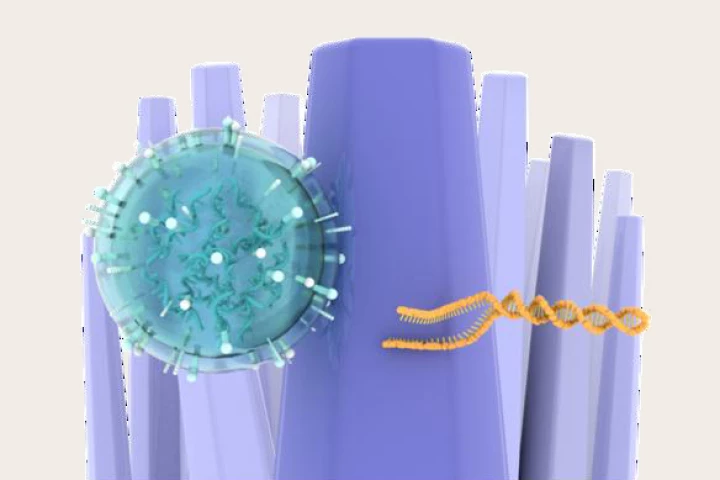Brain cancer
-
A new study offers hope for brain cancer patients facing memory loss from radiotherapy. By blocking a single immune receptor, scientists preserved cognition in mice without dulling the cancer-killing power of radiation.
-
For the first time, scientists have detailed how glioblastoma has a unique path of progression, aggressively gnawing away at the skull bone itself to affect marrow – explaining why drugs that are intended to impede its growth end up making it worse.
-
New research by Yale has found an association between exposure to chemicals commonly used in firefighting and incidence of a brain tumor called a glioma in firefights, suggesting that the cancer may have an environmental cause.
-
The relationship between mobile phone use and an increased risk of brain cancer is a debate that's been around almost as long as mobile phones themselves. A huge study from the WHO that's just been released should put the question to rest.
-
Using very low-dose X-rays to activate compounds that light up and generate cancer-killing free radicals stalled brain tumor growth and doubled survival time, according to a new study. Importantly, healthy cells were left unaffected.
-
Glioblastoma is one of the most deadly cancers, with few treatment options available. Now, a small human clinical trial has demonstrated an mRNA vaccine that quickly rallies the immune system to fight off the tumors, with promising results.
-
Researchers have found that a drug used to treat the symptoms of Parkinson’s disease may be effective at treating metastatic breast cancer and the brain metastases that can often result. The repurposed drug could be a novel cancer treatment.
-
Researchers have discovered how a metabolite involved in repairing damaged DNA not only controls a person’s sensitivity to cancer therapies but can also protect healthy tissues from damage. The findings may lead to more effective cancer treatments.
-
Researchers have created the world’s first biobank of living tissue collected from patients with metastatic brain cancer, providing a means of research and drug testing, with the data collected available to the international scientific community.
-
Researchers have discovered that cerebrospinal fluid, the brain's shock absorber, may cause treatment resistance in people with brain cancer. But they identified a sixty-year-old drug that can be repurposed to resensitize cancer cells to treatment.
-
Researchers at Harvard Medical School have developed a new AI-powered tool to help brain surgeons combat cancer. CHARM rapidly evaluates tumorous tissue during surgery to help professionals make on-the-spot decisions about how to proceed.
-
Researchers have used nanowires to ‘catch-and-release’ DNA in urine, enabling them to detect mutations that signify the presence of a brain tumor. Their method may one day mean that invasive tissue biopsies are no longer required.
Load More
